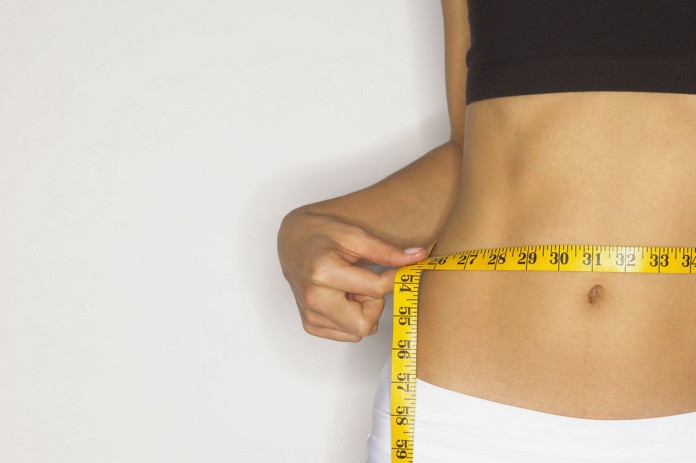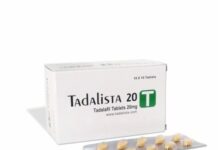With all the chatter and conversation on diets and what foods are the right ones to eat and which aren’t, it’s no wonder that we get confused! There are a ton of myths and stories on food that even those who think they know all the “right” things to do might be missing! Like, the metabolism effect slows down if you eat food after 7 PM, eating oats, rice, and pasta adds calorie to your diet. But, the nutritionist Rob Hobson has proved that there are several current food myths going around these days which even smart people believe.
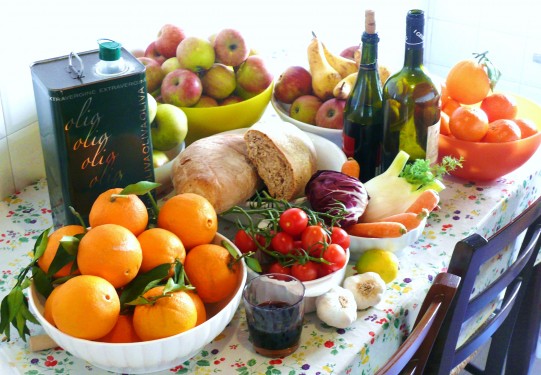 So for all those oats, pasta, and rice lovers – it’s time for you people to rejoice. Let’s check out some on the popular myths and misconceptions that exist about diet, healthy eating and various food. See how many of these you believed before you read this article!
So for all those oats, pasta, and rice lovers – it’s time for you people to rejoice. Let’s check out some on the popular myths and misconceptions that exist about diet, healthy eating and various food. See how many of these you believed before you read this article!
A Quick Look at 8 Food Myths That Are Still Popular:
All Carbohydrates Food Makes You Fat
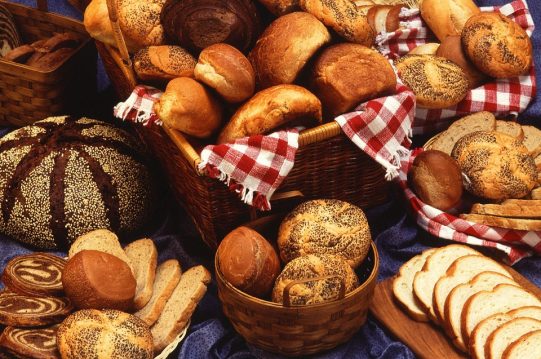 This myth can go either way depending upon your portion sizes as well as your selections of carbohydrate choices. The complex carbs with low GI will not make you fat like, whole grain pasta options, whole grain rice, and oats which contain four calories per gram which is equal to the protein. When these foods are eaten in the reasonable or small portion sizes, they are rich source of B vitamins as well as fiber and they have less impact on blood sugar levels than comparable food choices which have high GI parts.
This myth can go either way depending upon your portion sizes as well as your selections of carbohydrate choices. The complex carbs with low GI will not make you fat like, whole grain pasta options, whole grain rice, and oats which contain four calories per gram which is equal to the protein. When these foods are eaten in the reasonable or small portion sizes, they are rich source of B vitamins as well as fiber and they have less impact on blood sugar levels than comparable food choices which have high GI parts.
But, all the carbs are not same, the food with carbs and low GI will give you more nutrients and fill you and your stomach faster. But food choices with carbs that have high GI such as sugar will impact your blood sugar levels and weight. They can cause insulin spikes which in turn lead to possible diabetes and they store fat which results in heart diseases. So, cutting the carbs with low GI counter parts is the best weight loss strategy and leads to a healthier, better you.
After 7 PM food is Stored as Fat and You Should Not Eat
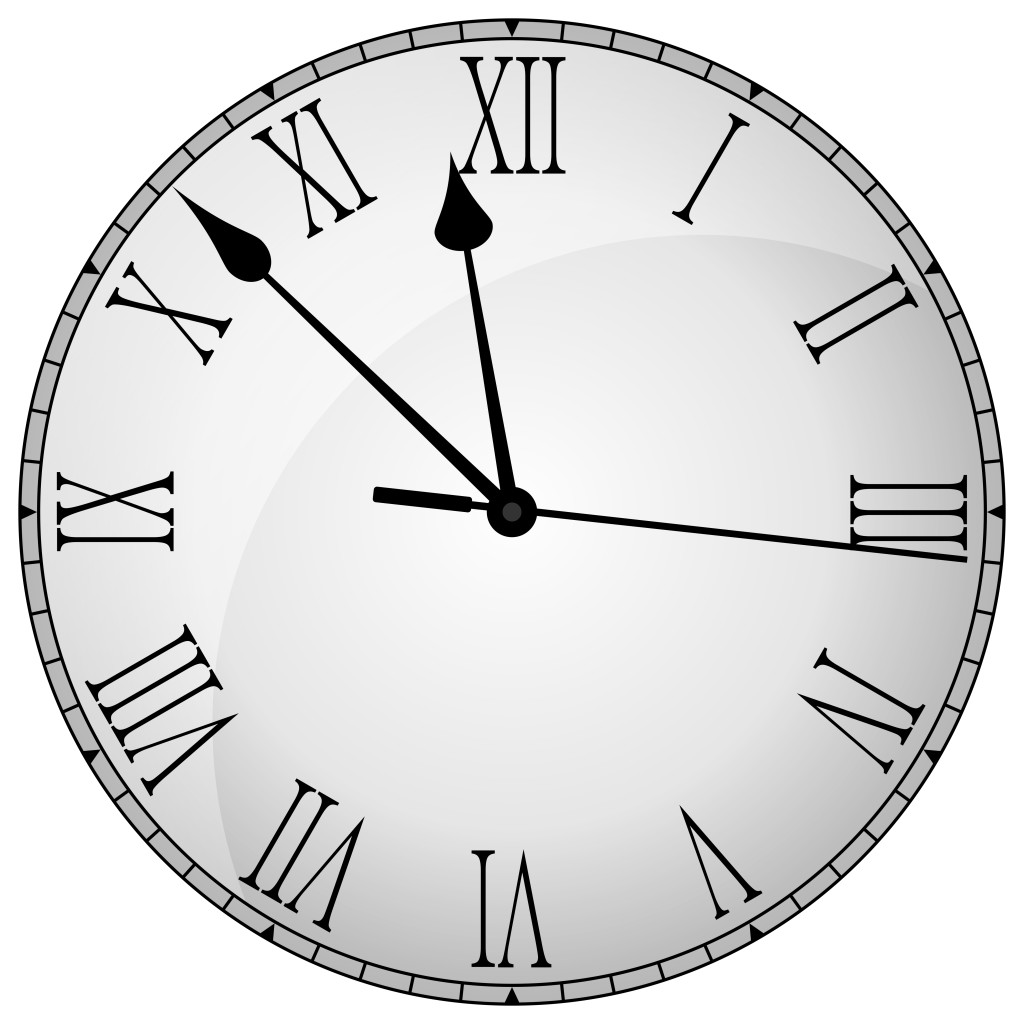 To start with, you should know that your body is not setup and have a secret code that the food you eat after 7 PM will turn into fat.
To start with, you should know that your body is not setup and have a secret code that the food you eat after 7 PM will turn into fat.
Secondly, the metabolism effect slows down when you go for the sleep but it still continues to digest the food.
The amount of fat is calculated depending upon the calories amount you intake when you are sleeping against the amount you intake during the time you are active. But, this tip is only useful for the people who can determine the amount of calorie they are in taking and who doesn’t overeat during the dinner.
1Bread Causes Bloating
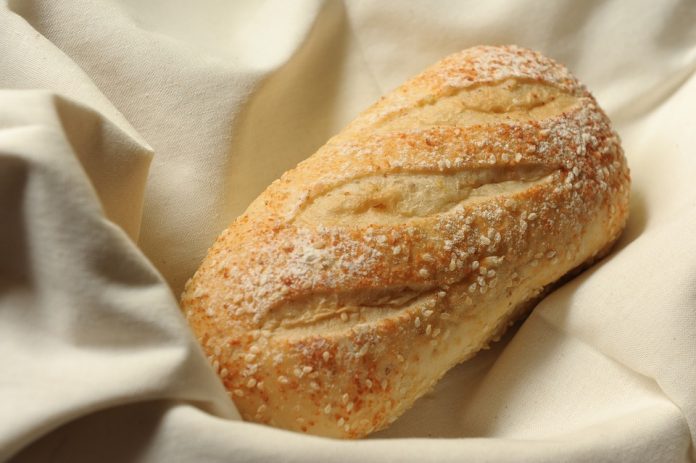
Some people are sensitive towards wheat, which causes bloating. This theory can be expanded if you keep coeliac disease and gluten-sensitivity disease aside. However, the wheat allergy is rare and sensitivity is not common. Researchers have found that the bloating is less when bread is eaten and it is more when pasta is eaten. However, there is no diagnostic test for wheat sensitivity.
Also, 1 out of 5 people believe that they would be benefitted when they avoid bread and 5 percent claimed that they gluten intolerant. There are some unproven theories about bread and bloating is the baking process, where the yeast is deactivated during the baking process. Some of the other factors are skipping meals, lack of good bacteria in gut, IBS, constipation, and foods rich in fermentable carbohydrates such as onions. So, opting for the loaves and toasted breads will reduce bloating. But, sudden ignorance towards the wheat and bread can cause you nutrition imbalance.
Eating Food in Small Portions can Increase your Metabolism
This is true that your metabolism rises when you eat but not that much enough that you can have significant weight loss.
Grazing or light snacking is frequently the dining option chosen by those who are trying to lose weight. The objective is to keep hunger at bay and hopefully keeps your metabolism at full roar.
The potential downside is that one can end up overeating several times a day rather than just at traditional mealtimes.

